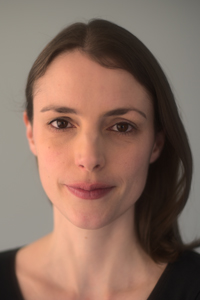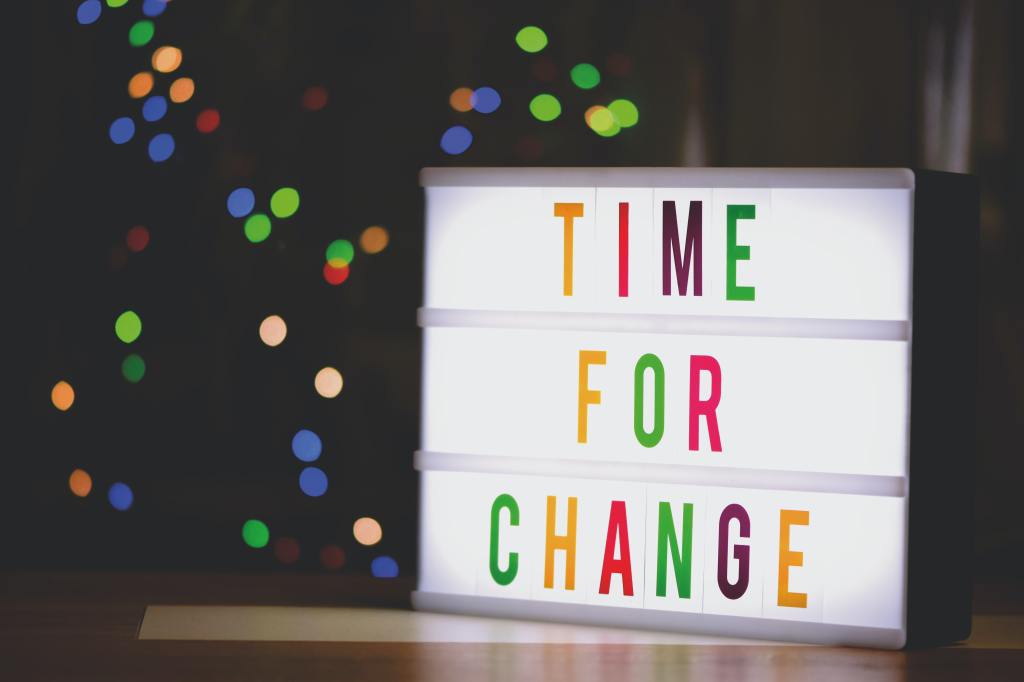BY LAURA LUYTEN As a researcher, Laura Luyten mentors students taking their first steps in science. Some of them discover a real passion for it. But sometimes they are in for a rude awakening: there are also cheaters. A blog about the importance of integrity. About what is going well, but also about room for improvement.
As a researcher, I often mentor students taking their first steps in science. It is wonderful to see that some of them discover a real passion for it, sometimes – and that includes myself – without ever having imagined that. This passion for scientific research grows, especially when nurtured by inspiring colleagues and when students start to find their own way. But they are in for a rude awakening: there are also cheaters.
We are nothing without our integrity
Scientific research has a lot of challenging, even difficult facets, and academic life is rarely a walk in the park. The hardest part, however, is that there are scientists who don’t play by the rules and that they shockingly often get away with it.
Why is that so frustrating? Well, in science, the answers are rarely crystal clear, so all we have as scientists is our credibility. And a prerequisite for such credibility is integrity. As researchers, we can do the best we can to check that our fellow scientists did not make (un)conscious errors in their experimental designs, in the analysis of their data or in writing down their results in a scientific article, but to a certain extent, we just have to trust that everything was done correctly. So, people who deliberately want to cheat, will surely find a way. And the numbers are indeed rather astonishing. A recent Dutch study showed that as many as one in twelve researchers – from all fields of research – admitted in an anonymous survey that they had fabricated or falsified data during the last three years, a number that is in line with the findings of an earlier American study.
For many young researchers, this is a disappointing realization, and for me too, it remains a difficult message to deliver (and to digest).
Although we are no experts in detecting scientific fraud, our research group has stumbled upon it several times in the past few years – ranging from demonstrating “publication bias” (when researchers publish only the results that support what they had hoped to find and quietly bury the rest in a file drawer) to uncovering outright fraud. Having to tell your young colleagues that the prestigious journal in which the original (flawed) story was published does not seem to care about this proven fraud is a bitter pill to swallow… It gets even more dismal when it turns out that the authors involved retain their positions as professors at prominent universities and continue to travel the world as keynote speakers.
Yet, the existence of fraud is not surprising at all. In academia, publishing in “top” journals is still all too often considered as the ne plus ultra. Moreover, authoring such publications is a decisive factor for getting and keeping an academic job. It’s fair to say that a lot depends on it: the competition is stiff and the spots are very limited. Unfortunately, these examples of fraud are extremely demotivating for those who work hard every day and do so in a truthful way. I am concerned that we are losing very good (and honest!) researchers because of this. I can see it happening all around me. The disillusion is sometimes just too big to justify the hard work and academic job insecurity.
Credibility as an impulse for change
Luckily, every cloud has a silver lining. When looking at how the situation is now versus how it was when I was one of those starting researchers some 15 years ago, it is clear that things have been set in motion.
The ongoing evolution towards more ‘Open Science’ has several reasons and increased transparency is one of them. Indeed, more transparency leaves less room for fraud, and can only enhance the quality of our research and of our credibility as scientists.
It is encouraging that our university is making a real effort to achieve this (not only top-down, but also through grassroots initiatives coming from the academic community). For example, events are being organized where researchers can share their experiences about the opportunities (and difficulties) presented by the Open Science movement. In addition, Open Science practices (e.g., publicly registering your hypotheses and methods before conducting your experiment and making the data as accessible as possible afterwards) are increasingly integrated into doctoral programs, and recently have has also become criteria taken into consideration when appointing new professors. The events, workshops and seminars are useful because they provide opportunities to learn things, and – arguably even more important – because they also indicate that it matters: being transparent in how you design, conduct and analyze your research should not be a side issue.
Nevertheless, it must be said that there is still room for improvement. In my own experience, there appear to be large differences in the attention that is given to such transparency across different faculties. I also think that it may be relevant to address these issues more clearly and explicitly in the curriculum of master’s students (i.e., not only at the start of a PhD). Another problem is that the current Open Science initiatives sometimes suffer from the ‘preaching to the choir’ syndrome, but this may be partially solved by putting more emphasis on transparency earlier in the program.
The information on how to improve transparency is now available in many forms, but we, as mentors of young researchers, also have an important role to play. We will have to relentlessly deliver the deplorable message about where and how things go wrong, but in addition to that, I think it is essential to make sure that our (future) researchers are aware that integrity is indeed crucial. And actions speak louder than words: we obviously need to support them in being transparent and truthful. Or to conclude with the words of one of my own mentors: integrity is perhaps the most important transferable skill to pass on.


